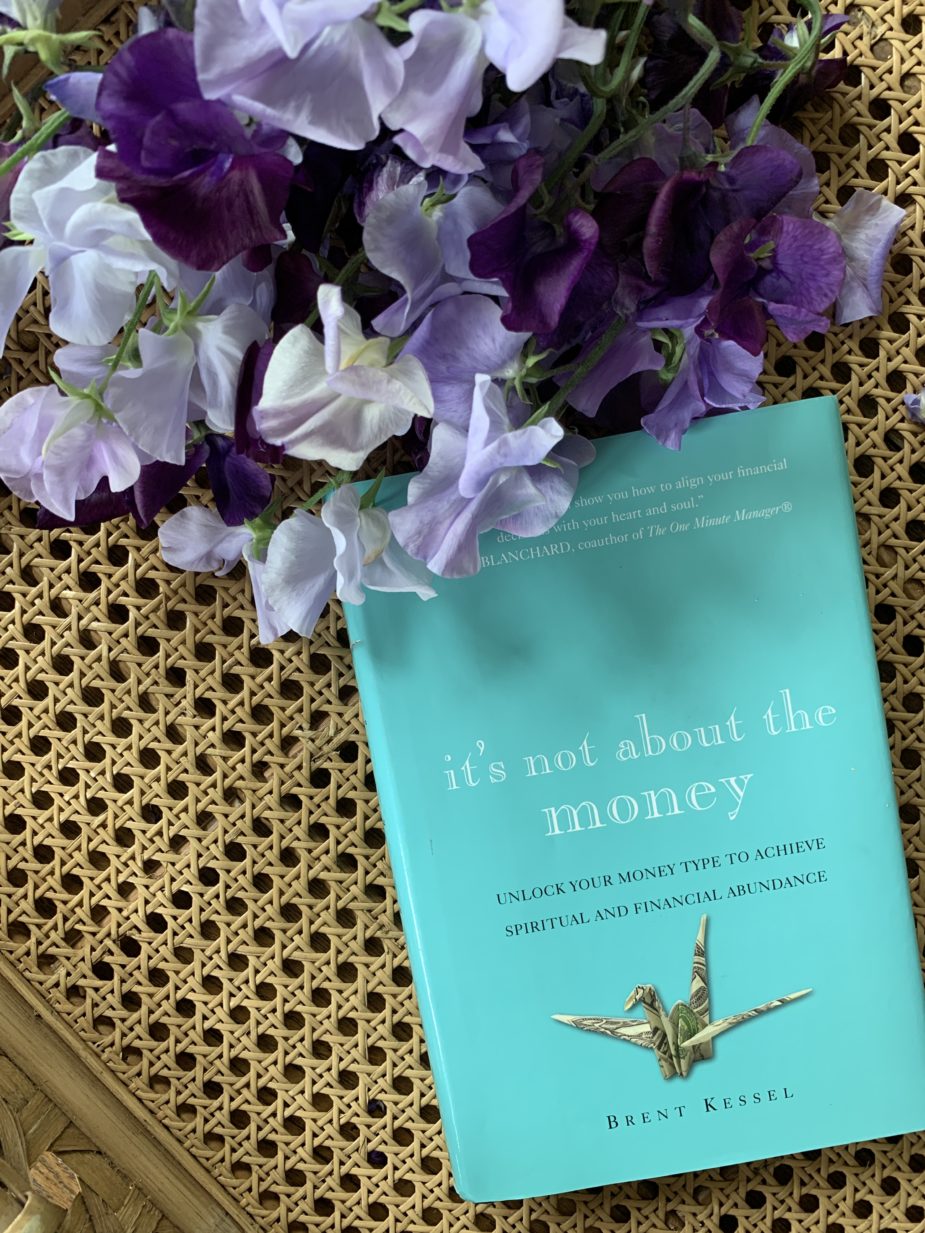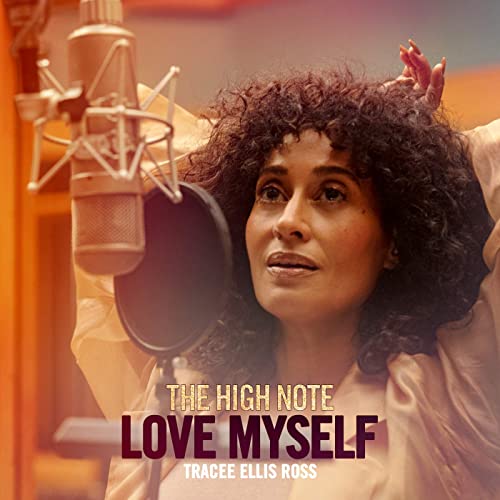284: 5 Steps for Finding Financial Peace of Mind
The Simple Sophisticate - Intelligent Living Paired with Signature Style - A podcast by Shannon Ables - Miercuri

Categories:

"Being in touch with [the essence] of ourselves as we make financial decisions is as good as it gets. Money is a store of life energy, and when we can channel that life energy into an expression of what is most dear to our soul, an exciting alignment takes place between our financial and spiritual lives . . . more than just having enough, our essence is deeply loving, contented, and grateful, not from any effort but as its most natural expression . . . In fact, when we are identified with that part of us that already has enough, that has arrived, that feels efficiency rather than scarcity, impulses of love and generosity arise naturally and without effort." —Brent Kessel, author of It's Not About the Money
Money can seem to be the fix for everything or the curse, but it need not be either, and can be in our control, largely when we shift how we approach our view and role of money in our life.
Today I would like to share with you key insights I discovered after reading Brent Kessel's book It's Not About the Money in which he dives into the unconscious emotional psychological nature money plays in our lives and how and why we make the decisions we make - for better or worse.
1.Understand how your emotions are related to your relationship with money
What is your Core Story when it comes to your relationship with money? When you understand this inner dialogue that is unconsciously being told and accepted, thus guiding your decisions when it comes to what you believe will make you happy, you begin to take control of your relationship with money and improve the quality of your life. Why? Because you are now living consciously, and your decision making improves as it aligns with your true essence as Brent Kessel describes - your true self, what will make you feel truly content, outside of what society has impressed upon you. Below are a couple of the questions to begin asking yourself to get to the truth of what your Core Story actually is:
- What is your most painful memory related to money?
- When have you been most positively and negatively moved by money?
- What were you taught was most important about money?
- What is your biggest fear about money?
While we need to live in the present to live well, understanding the past events of our lives and how they have scripted our thinking about money is vital. The Core Story is accepted Kessel writes because "whatever the content, with the unconscious hope that if we follow it, we'll be protected from feeling difficult or painful emotions."
Simply understanding what your Core Story is not going to improve your relationship with money. Rather, it is an ongoing job that begins with awareness, but then is followed up with "skill, intention, and perseverance to lessen the hold of our unconscious condition . . . we must keep working to identify and retain the healthiest parts of our story's message - [for example, the good saving habits, the on-time bill paying, etc.] - while at the same time letting go of the extreme and unhealthy behaviors and attitudes it has engendered in us."
2. Do the necessary work within to achieve the outer results you seek
"Though outer wealth rarely leads to inner wealth, inner wealth often does lead to outer wealth."
Kessel speaks of the Middle Way being the chosen path to take in order to have a healthy relationship with money and our understanding of wealth. In other words, "true freedom lies neither in self-indulgence nor in austere asceticism". When we choose to do the inner work that is necessary, it requires of each of us to use our mind, and think critically, which means that we must think well and not rely on defaults and habits that are unproductive to our goal of cultivating "healthy wealth".
I especially appreciated the author's sharing of his conversation with the Dalai Lama when he [the Dalai Lama] responded to the question about a method for happiness for Americans. "When there's too much stress or too much worry, look inward! Read more. Think. Trying to find the answer from outside yourself is nonsense! Think more." What thinking exactly though, are we talking about? Start with #1, understand your Core Story, deepen your awareness, and begin asking the "why"s - Why do you feel this decision would reduce your stress or increase your happiness? Why do you feel owning [fill in the blank what you are considering purchasing/paying for] will be a smart decision for you life? Why do you feel [insert negative emotion] when certain things in your life are happening? Why do you feel [insert positive emotion] when certain things are happening in your life? And continue asking and exploring - the four "W" questions are part of thinking well - Who, What, When, Where, Why.
"When we are caught in extreme thoughts, beliefs, and conditioning, we sow the seeds of financial discontent."
3. Become fluent in the language of the Wanting Mind
"The Wanting Mind continually takes us out of the present moment in its attempts to make us happy in some better tomorrow." —Brent Kessel
True contentment requires that we remain present in our daily lives. The Wanting Minds requires that we live in the future.
A clear conflict. If we are content, we are not wanting, and if we are wanting we cannot be content.
True freedom from "want" is knowledge of how it works. Whenever an impulse to buy anything arises, a croissant, a clothing item online, anything large or small, "look sincerely at the root of the behaviors your mind has always told you would make you happy". Social conditioning has been happening our entire lives and will not end, but when we are aware of the attempt to social condition, and become clear about whether it is helpful or hindering, we can respond rather than react to the impulses of wanting when they arrive, thus making the best decision in that moment to cultivate a healthy approach to wealth and our financial situation.
4. Trust your innate financial wisdom: financial planning and great investment advice is not enough
"When you are listening to your innate wisdom, you can feel a very deep part of you relax and let go. It will feel pleasing, calming and wholehearted. There will be an absence of pressure."
Kessel has readers in his book return to their 4-year-old self, such a young age that we don't have a clue what investing in the stock market is, what a pension is, compound interest, debt, etc. The reason he encourages readers to return to our young self is to try to discover or be reminded of our most true self. What is it that sincerely brings us joy? What delights us? Sparks our curiosity? Prompts us to lose all track of time?
Each of us will have our own answers, and even if, like me, you cannot fully remember what you thought at that age, you can remember where you were in your life - where you lived, with whom, etc. - and at least for me, I know how I felt. Whether I was secure or fearful? Was I completely oblivious to the world and didn't have a care in the world or was I full of anxiety? Thankfully, my memories are all positive and I am drawing from this insight to guide my money decisions and investment and savings moving forward more consciously.
To address the idea of seeking out a financial advisor. It is absolutely a worthwhile idea to find a financial advisor you trust as they are the experts in the business of the financial business sector. They can be our teacher to better understand how investing works and what our options are, but once you have that information and can ask more questions when they arise, you need to return to your innate voice. What would make you feel truly content? For myself, when I purchased my home, I didn't seek permission from my financial advisor at the time as to whether I should take certain funds and use them for my down payment. I just knew I could and did it. I knew what would bring me contentment. I knew what investments were worth it to me and the life I wanted to live, but I am grateful for her expertise so that I knew the financial rules/laws, etc..
5. Be still and just be
A common piece of advice when it comes to making a purchase that we are not sure about, or that is significant enough that it will change our lives in some way, is to wait or sleep on it for 24-hours. This is good advice, but Kessel suggests doing something additionally and possibly most importantly - examine why you are really wanting to make the purchase. Do you feel it will bring you freedom, more peace, less headaches? What are the overarching beliefs derived from your Core Story and/or societal conditioning that have taught you these beliefs? Do you fully accept them or does something within not feel settled?
In other words, again, respond rather than react. Think and be still, rather than blindly doing.
Money is a fundamental component of our lives whether we want it to be or not. It moves the world, lack of it can halt the world, but understanding our relationship to it and with it is what will elevate our personal world and thus improve the quality of our lives. Our minds need and can achieve peace of mind when it comes to money. After all, when our minds are relaxed and unstressed, they make better decisions, see things more clearly and think well. It is understanding the psychology and the emotional mentality that money provokes within us that will give us the driver's seat so that we can make the best decisions for the life we want to live.
SIMILAR POSTS/EPISODES YOU MIGHT ENJOY:

Money: How to Know If You Have Enough, episode #138
Petit Plaisir:
~Starring Tracee Ellis Ross and Dakota Johnson

~Listen to the title track of the soundtrack - Love Myself, sung by Tracee Ellis Ross (purchase it here)




